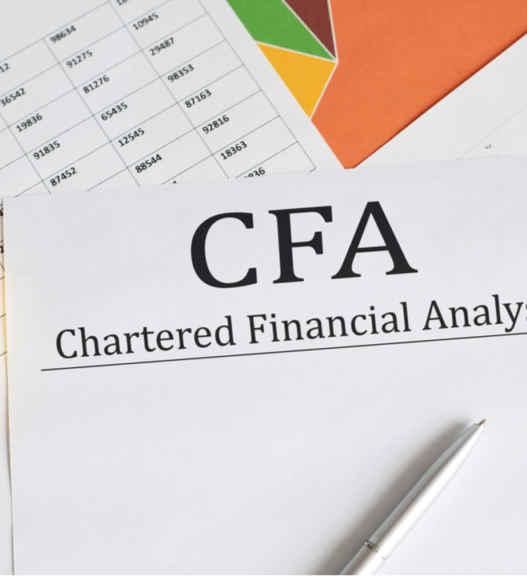1. Understanding Stress
- What is Stress?
Stress is the body’s response to perceived challenges, which can be heightened during intensive study periods like preparing for the CFA exams. It often stems from the rigorous curriculum and the pressure to balance studies with work commitments. - Types of Stress
- Acute Stress: May occur before exams.
- Chronic Stress: Can develop from ongoing anxiety about performance and workload.

2. Symptoms of Stress
- Common symptoms for CFA students include:
- Headaches
- Insomnia
- Indigestion
- Difficulty concentrating
Recognizing these signs early is crucial to prevent them from affecting your study performance and overall health.
3. Planning Your Studies
- Create a Study Schedule
Develop a detailed study plan that breaks down the CFA syllabus into manageable sections to prevent feeling overwhelmed. - Incorporate Breaks
Research shows that taking short breaks (5-15 minutes every hour) can enhance focus and retention. Use these breaks to stretch, hydrate, or take a short walk. - Engage with Peers
Join study groups or online forums to discuss challenging topics, share resources, and support each other. This community engagement can alleviate feelings of isolation.
4. Nutrition
- Eat Well
Ensure your diet is rich in nutrients. Focus on foods high in B vitamins (like whole grains, leafy greens, and eggs) and omega-3 fatty acids (found in fish and nuts) to support brain health and cognitive function. - Avoid Junk Food
While it might be tempting to snack on sugary or caffeinated foods for a quick boost, these can lead to energy crashes. Opt for healthier snacks like fruits, yogurt, or nuts to maintain stable energy levels.
5. Regular Exercise
- Incorporate Physical Activity
Regular exercise, whether aerobic (walking, jogging, swimming) or anaerobic (weightlifting, yoga), can significantly reduce stress. Aim for at least 150 minutes of moderate exercise each week. - Socialize Through Fitness
Join a local gym or participate in group classes to make exercise a social activity, further reducing stress through connection with others.
6. Restful Sleep
- Prioritize Sleep
Aim for 7-8 hours of quality sleep each night. Poor sleep can impair cognitive function, making studying less effective. - Create a Sleep-Friendly Environment
Invest in comfortable bedding, keep the room dark and cool, and avoid screens before bed to ensure restful sleep.
Conclusion
By incorporating these strategies into your study routine, you can manage stress more effectively while preparing for the CFA exams. Balancing study, nutrition, exercise, and rest will not only improve your exam performance but also enhance your overall well-being. Remember, achieving the CFA qualification is a marathon, not a sprint—take care of your mental and physical health along the way!














